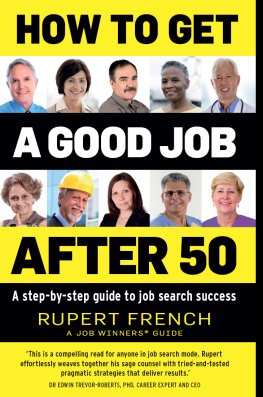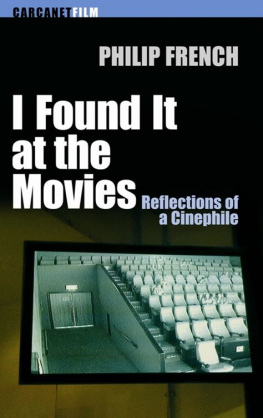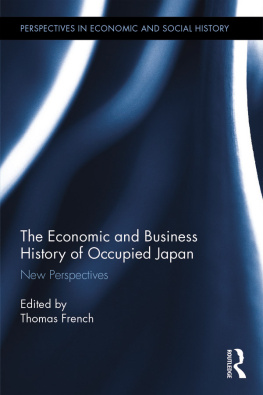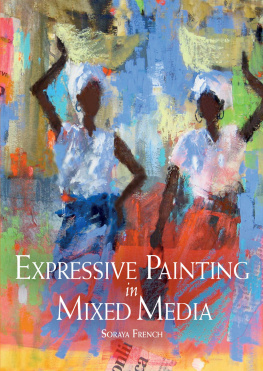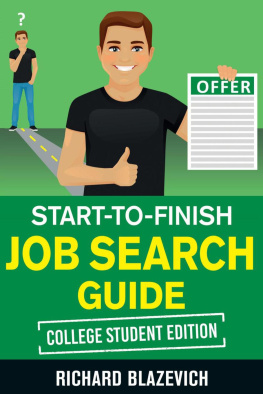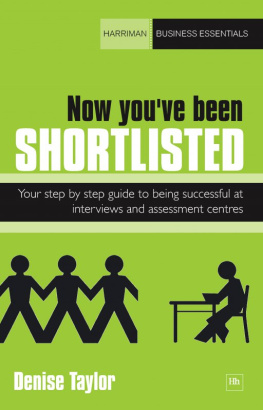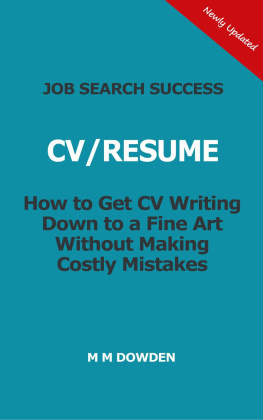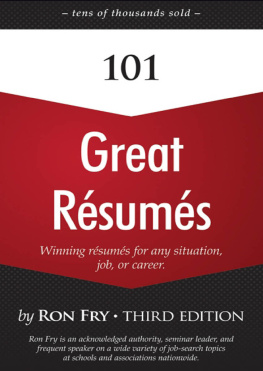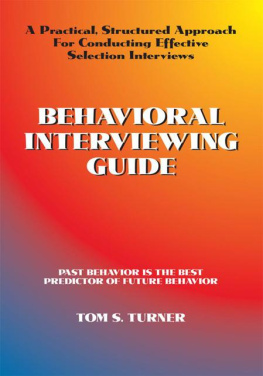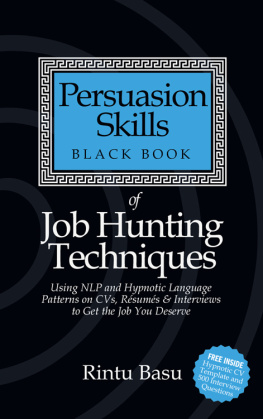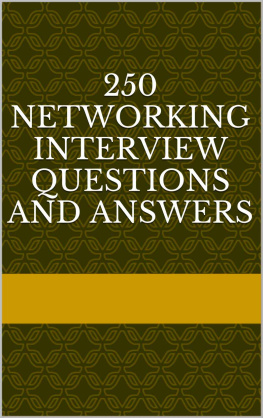HOW TO GET
A GOOD JOB
AFTER 50
A step-by-step guide
to jobsearch success
RUPERT FRENCH
A JOB WINNERS GUIDE

At last, a practical, comprehensive and engagingly written job hunting guide targeted at the over 50s. Rupert French is an expert in Career Development who provides motivating and practical step-by-step support to help overcome the prejudices and barriers that often confront the older job seeker. I highly recommend this book to any job hunter wanting to improve their chances of getting a job that meets their needs, skills and interests.
Dr Jim Bright, Professor of Career Education and Development, School of Education, Australian Catholic University; career development consultant; speaker and author
How to Get a Good Job After 50 goes beyond the typical overview of what is needed in an effective work search. Rather than leaving people wondering how to actually do what they are told to do, Rupert French gives detailed advice, tools, examples, and resources that enable people to navigate the practical how-tos of key work-search practices such as using social media, rsums, cover letters, informational interviews, and job interviews.
Gray Poehnell, author of Hope-Filled Engagement: New Possibilities in Life/Career Counselling and Guiding Circles.
This is a compelling read for anyone in job search mode. Rupert effortlessly weaves together his sage counsel with tried-and-tested pragmatic strategies that deliver results.
Dr Edwin Trevor-Roberts, PhD, career expert and CEO
A former journalist turned highly experienced career practitioner, Rupert has created a wonderful read outlining all the steps we need to take to be an outstanding job applicant. Readers will find loads of practical advice including lots of sample rsums and an all-important chapter on using social media. Rupert has also provided lots of activities readers can do to help us connect with our unique selling points and maintain a positive outlook during the job search. Job hunting can be daunting but is far less so with the right support and here it is.
Kate Southam, career blogger, speaker and coach
These days, individuals are increasingly expected to look after themselves, to be responsible for the decisions in their lives as they navigate the world of work, and to develop the adaptive capacity and skills required to be able to respond to industry restructure and new technology impacts, as well as find a niche that best suits their needs. Ruperts book responds to these issues as it explores the strategies to take that next step, equips the reader to review the key elements of their life, and provides the tools to equip them to adapt to the challenge of the knowledge economy. I endorse this book not only for the individual reader seeking personal guidance but also to those charged with the responsibility to assist, direct, counsel and place those who require assistance. Read and be enlightened.
Andrew Rimington, National President, Career Development Association of Australia
This book is dedicated to Anne whose
presence, continuous support and encouragement,
good advice and editorial sense
has helped make this book possible.
Contents
Introduction
I ts not news that people aged 50 and over often find it difficult to get a job. However, if they approach the job search the right way, they can and will get the sort of job that they are seeking and usually within a fairly short period of time. This book describes an approach to job seeking that has been proved successful over several years. It contains strategies that will help older job seekers get the sort of employment they are looking for.
Job seekers who carefully follow all the strategies described in the book will be a lot more competitive than other job seekers. As a result, they can almost guarantee getting a good job, no matter what disadvantages they face. This is because the book uses sound marketing practices practices that effectively market them for the job that they want, a job that will bring them satisfaction and success.
Some job seekers may not feel disadvantaged at all, not even by the age factor, and so they may not need to use all the strategies described in this book. In this case, they should be selective and use the ones that they believe will be of most use. If they find as the job search progresses that they need to implement a few more of the strategies, they can do so. The important thing is to get that good job in as short a time as possible.
The book is organised in the order that job seekers would use it: identifying the right job, developing a rsum and written application, carrying out research and networking, attending interviews and transitioning into the new job. It starts with how job seekers can adopt the right approach having the right approach from the beginning is an important key to winning a good job. Part of this approach involves focusing on a small range of jobs rather than applying for all that seem possible. This allows more time and energy for each application. It is the candidate who puts the most effort into the whole application process, and in so doing demonstrates the greatest motivation for the job, who is the most likely to be successful.
contains a series of activities to help the job seeker identify the best career direction or their niche market. This is important if they are not sure of which direction to take.
take readers through writing their rsum, their brochure to show how they would perform in the job. As they launch into their marketing campaign, they may not know exactly what prospective employers are looking for. The rsum they first produce from these chapters is a draft based on what they know up to this point. This is the rsum to use for networking and one that can be developed as they gain more information about the occupation they are seeking. Once they have carried out research and networking, and they have found a specific job to apply for, they can come back to these chapters to complete a tailored rsum.
explains how to develop a Key Skills Spiel, a valuable tool for networking.
probably want to return to this chapter once they have identified a specific position, which may well be after networking and information interviews.
discusses the advantages of establishing an online presence using social media to support the claims in a written application. Employers are increasingly likely to Google job applicants and, if they can find positive information on social media, it can only help the applicants chances of being selected for a job interview.
cover two sorts of interview: information (or network) interviews and job (or employment) interviews. The topics here include:
- how to prepare for each interview
- how to set up an information interview
- how to build an effective network
- practical strategies to maintain positive self-esteem and self-confidence
- how to prepare questions to ask in a job interview
- how to prepare answers to possible interview questions.
looks at assessment centre activities (which may be encountered by people responding to a mass recruitment program), and explains how to focus on demonstrating essential skills such as teamwork and communication.
The final chapter discusses making a smooth transition into the new job; evaluating job offers, negotiating the right conditions, accepting and declining offers, letters of resignation and then succeeding in the new job.
Age is not the issue; it is the perception of being too old that creates the barrier and, too often, that perception is greater in the mind of the job seeker than it is in the mind of an employer. Be confident that you could do the job and do it well. Then, using the strategies described in this book, go out and persuade employers that you are the right person for the position. Be proactive, use your initiative, take risks and seize opportunities while all the time holding a clear vision of where you want to be and youll get there!
Next page
